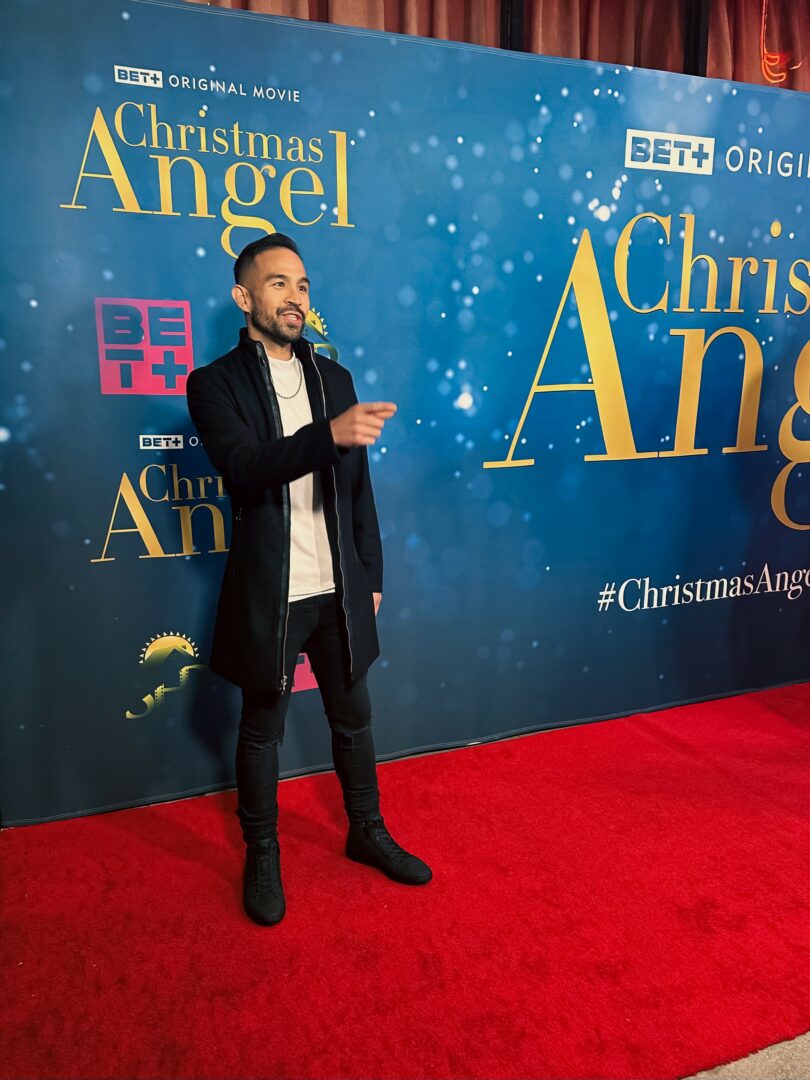We recently had the chance to connect with Christopher ‘C-Ray’ Roberts and have shared our conversation below.
Christopher ‘C-Ray’, we’re thrilled to have you with us today. Before we jump into your intro and the heart of the interview, let’s start with a bit of an ice breaker: Who are you learning from right now?
Right now, I’m learning the most from Autumn Manelick. Working alongside her on The Trebuchet has opened my eyes in ways I didn’t expect. Through her story — as a survivor of domestic violence who had her children wrongfully taken, just like thousands of other parents across this country — I’ve been learning about courage, purpose, and the brutal truth of how our family court system is breaking families instead of protecting them.
Her fearlessness in the face of something so devastating has pushed me to grow, to pay attention, and to step into a calling bigger than music. I’ve spent my life creating songs, records, and art, but this journey is teaching me about impact, substance, and standing up for something that actually saves lives. Autumn is teaching me that purpose isn’t just what you do — it’s who you fight for.
Can you briefly introduce yourself and share what makes you or your brand unique?
I’m C-Ray (Christopher ‘C-Ray’ Roberts) — a music producer, sound designer, and artist-developer who has spent over 15 years helping creatives find their voice, shape their story, and stand out in a very crowded world. Through my company, OnKey Entertainment and our expanding umbrella 306 Music Group, I’ve built a lane focused on substance over spectacle. I don’t just create records — I help build artists, brands, and movements.
What makes my work unique is the way I approach development. I treat every voice as an instrument and every artist as a story with purpose. Whether I’m producing a record, building a platform for creators, or developing podcasts and visual projects, my mission is the same: help people be heard, seen, and understood at the highest level.
Right now, I’m working on multiple fronts — from new artist releases to building a creator-driven service platform that gives songwriters and producers more ownership, to producing The Trebuchet, a podcast hosted by survivor, Autumn Manelick, that’s bringing awareness to the growing crisis within our family court system. My journey has taken me from major label studios to independent artist launchpads, but today my focus is on impact — creating work that has meaning, leaves a mark, and helps others find their way through their own story.
Great, so let’s dive into your journey a bit more. Who saw you clearly before you could see yourself?
My sister, Amy Pankow, saw me long before I ever saw myself. I still remember her catching me singing into this tiny Little Tikes karaoke cassette player when we were kids. She was always the star voice in our family, but unlike me, she never loved the spotlight — even though she was unbelievably gifted. I secretly wanted to sing like her, to be like her, and she knew that before I ever admitted it to myself. Instead of being threatened by it, she poured belief into me. She told me I had a voice, a gift, and a purpose, long before I understood any of that.
Amy has been there for me at my lowest and most defining moments. In 2010, after a traumatic event in New York, she was the one person I called. I didn’t even have to speak — she just knew. That kind of connection is rare. I held that pain in for fifteen years, but she was the one who saw the truth in me, the heart in me, and the future in me, even when I couldn’t say a word. She has always seen me — not the music, not the accomplishments, just me. And that’s a gift I’ll never stop being grateful for.
When did you stop hiding your pain and start using it as power?
I stopped hiding my pain in November of 2024. For the first time since it happened, I opened up about being assaulted in 2010 in New York — something I carried in silence for 15 years. The shame, the fear, and the trauma shaped the way I moved through the world, even as my career grew. I poured myself into helping new talent, into developing artists, into building others up — but I never once stopped to heal myself.
Everything shifted when I met Autumn at one of the talent events I’m invited to twice a year in Dallas. Hearing her story — her resilience, her fight, and the way she refuses to be silent about her own trauma — gave me the courage to finally confront mine. She had no idea what I was holding, but her strength made me realize I wasn’t alone, and that silence only protects the abuser, never the survivor.
Since that moment, I’ve opened up to the people closest to me, and I’ve stopped hiding behind my work. I learned that pain only owns you when you bury it. When you speak it, face it, and transform it, it becomes purpose. Producing The Trebuchet — and listening to the countless stories of survivors whose voices were stolen — has changed my life. It pushed me to use my platform for something bigger than music, and to stand up for people who feel voiceless, just like I once did.
This year, for the first time, I’m not just helping others heal — I’m finally allowing myself to heal too.
Sure, so let’s go deeper into your values and how you think. Where are smart people getting it totally wrong today?
I think a lot of incredibly smart people get it wrong when they believe intelligence is a finish line instead of a lifelong process. “Smart” has become a dangerous word — we use it like a badge, or a hierarchy, when in reality it’s subjective. Some of the most brilliant minds I’ve ever met never went to college. Some people on the spectrum may struggle in one area but exceed the average human mind in another. So who decides what “smart” even means?
Where I see the biggest misstep is in rigidity. A lot of smart people get trapped in what they know, instead of staying open to what they don’t. They cling to their systems, their education, their methods — and in a world that changes by the minute, that mindset will bury you. If you refuse to adapt, you eventually become irrelevant. Intelligence without evolution becomes ignorance in slow motion.
The other mistake is trying to do everything alone. Smart people often think, “If I don’t do it, it won’t be done right.” But that mentality leads to burnout, resentment, and small results. Micromanaging produces microscopic growth. Building a trusted team, on the other hand, multiplies your impact. You become sharper when you let other people be great at what they do.
I’m obsessed with learning — new tech, new tools, new ideas. AI, for example, isn’t here to replace us; it’s here to remove friction and amplify our strengths. The question is: are you humble enough to keep learning, even when you already know a lot?
To me, the smartest people are the ones who stay students. The moment you believe you’ve arrived, you stop growing.
Okay, we’ve made it essentially to the end. One last question before you go. When do you feel most at peace?
I feel most at peace when I’m fully present — not reliving the past, not trying to predict the future, but actually here. That’s been a lifelong battle for me, because I tend to live in both directions at once: replaying what hurt me and trying to anticipate what might hurt me next. Peace, for me, is learning to breathe in the moment I’m actually in.
Creatively, I find peace in the studio when I’m making music for myself — without a label’s expectation, a director’s instructions, or an artist’s vision steering the ship. Just me, a piano, and whatever emotion comes out of my hands. No box. No deadline. No purpose other than expression. That’s my sanctuary.
Outside of music, peace shows up in simpler forms: golfing, taking long drives, walking just to walk, or spending time with my family — especially my nephew. That kid brings me back to earth. He reminds me how pure life feels before the world complicates it.
At the end of the day, peace isn’t a place I escape to — it’s a practice. It’s slowing down, paying attention to what’s in front of me, and giving myself permission to just be.
Contact Info:
- Website: https://www.onkeyent.com
- Instagram: https://www.instagram.com/craymusic
- Linkedin: https://www.linkedin.com/in/crayonkeyent/
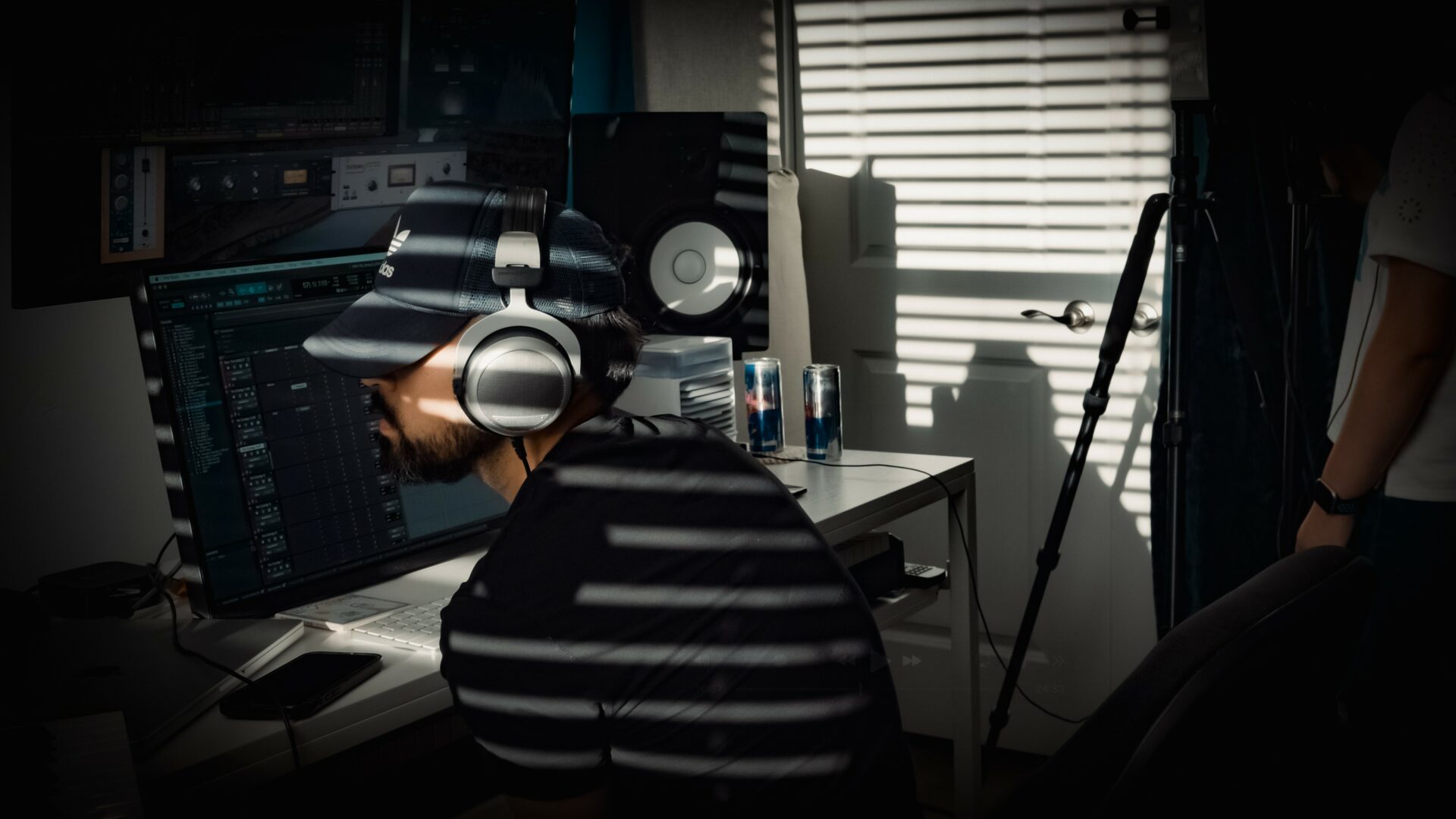
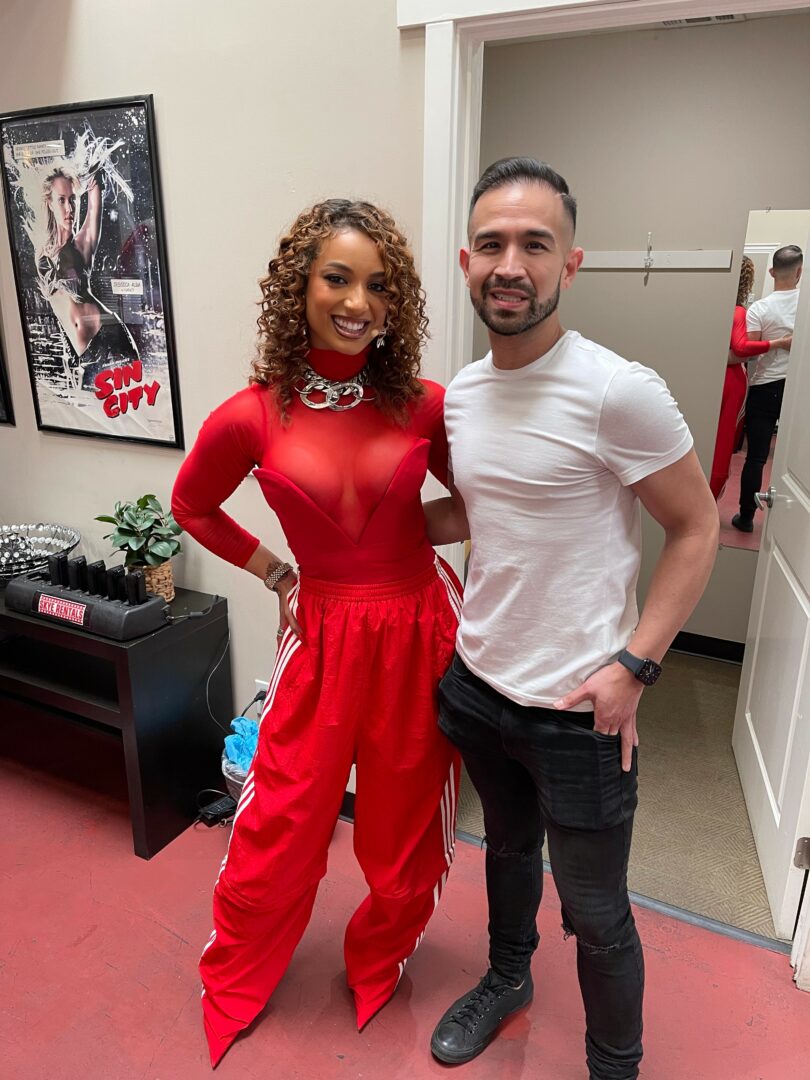
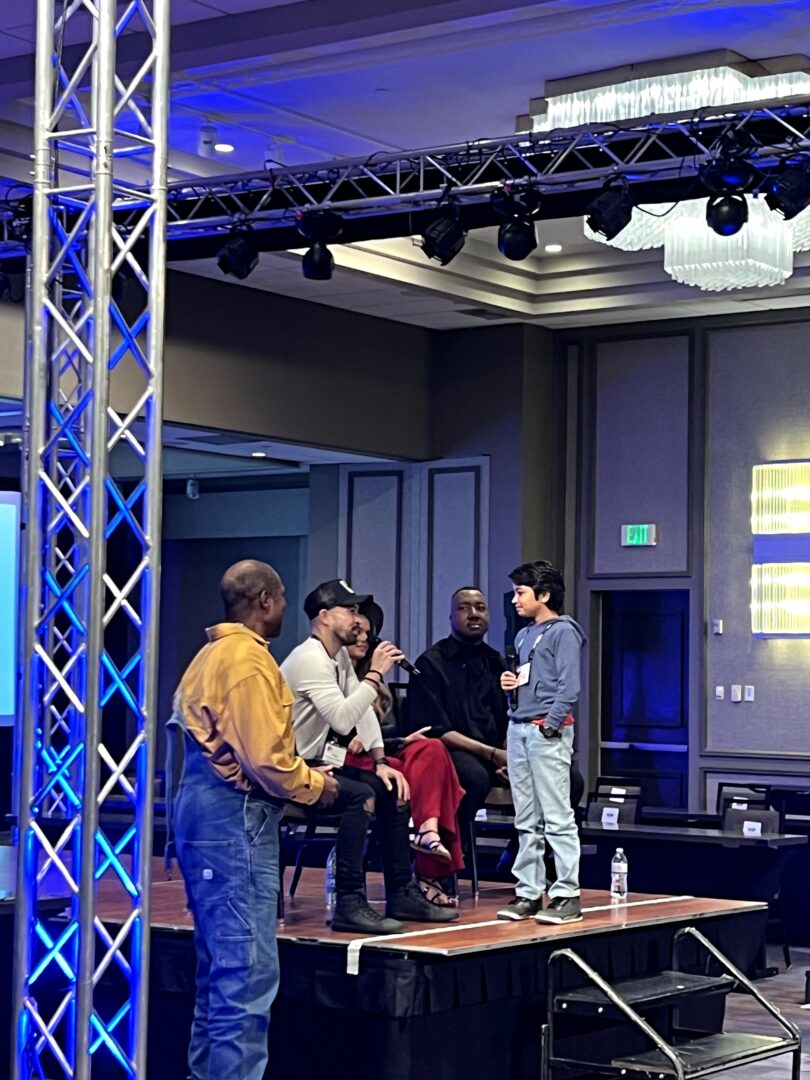
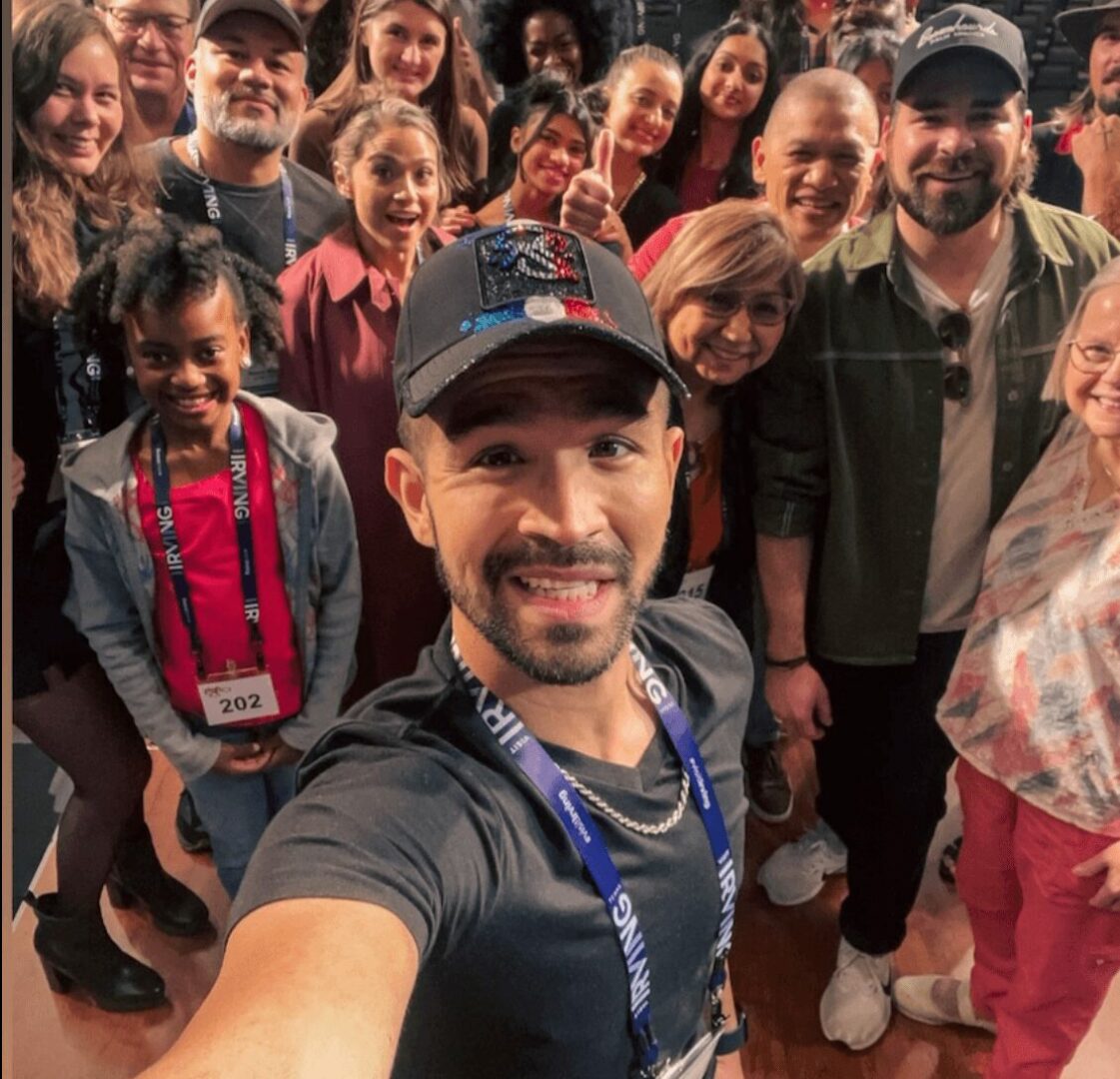
so if you or someone you know deserves recognition please let us know here.

